Education
Tickie: An AI-blockchain platform that aims to transform ticketing
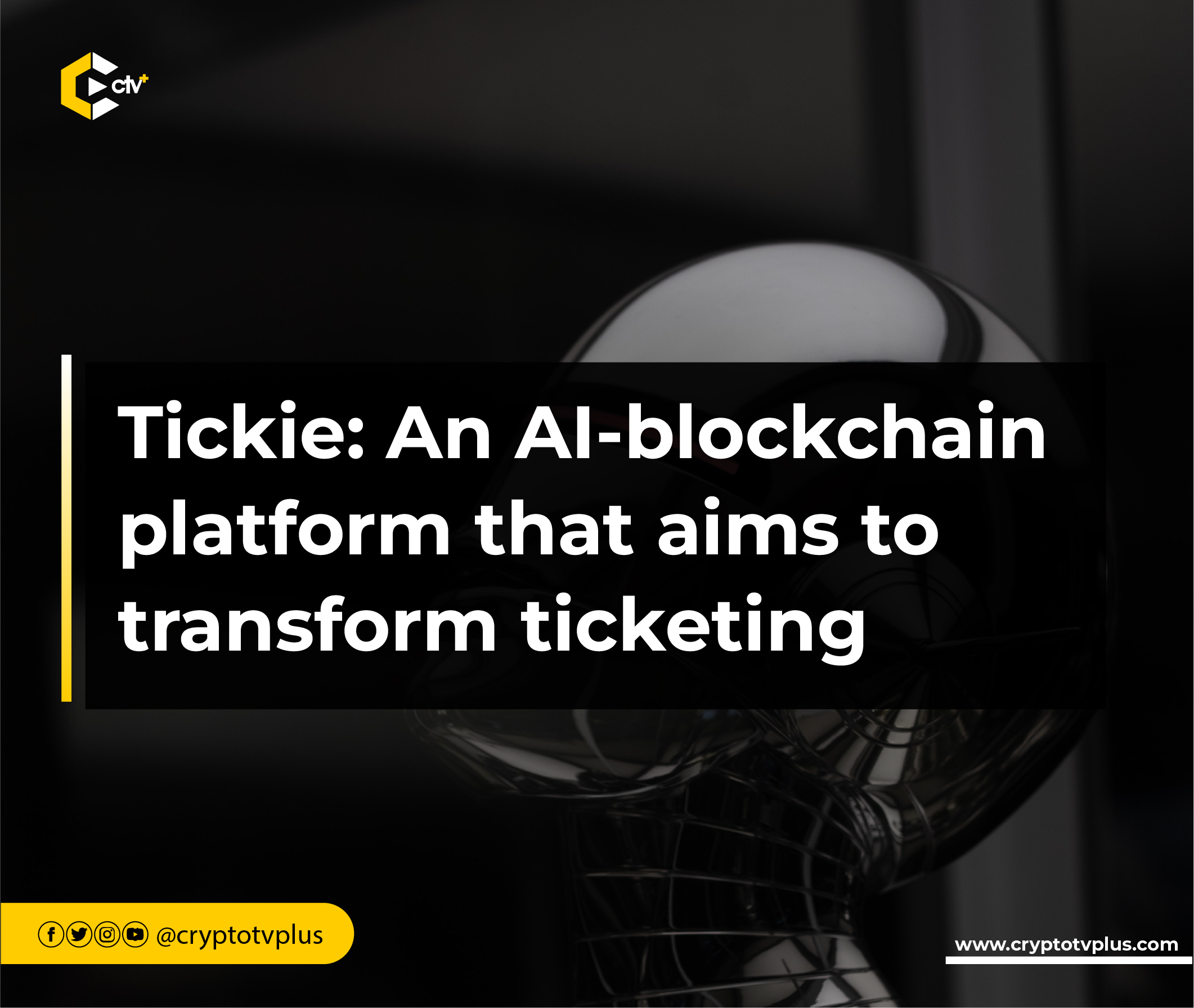
Throughout the years, the ticketing industry has undergone a significant transformation, transitioning from traditional physical processes to a thriving online domain. This shift has led to the establishment of a lucrative multibillion-dollar market.
Statista’s projections indicate that by 2023, this market is expected to reach a substantial $77.53 billion, with further growth anticipated to raise the market volume to $92.44 billion by 2027.
Ticketing, at its core, involves the issuance and management of tickets for a wide range of events and activities.
These tickets act as the gateway to various experiences, including concerts, sports games, movies, theater shows, museums, theme parks, public transportation, and more.
Embracing technology, the ticketing industry has embarked on an exciting journey to streamline access and enhance the overall event-going experience.
The problem with ticketing
Traditional ticketing systems have long grappled with various issues, such as lack of transparency, fraud, and scalability.
Verifying the authenticity and origins of tickets has proven to be a significant challenge within these systems.
One prevalent issue in the ticketing industry is fraud, particularly through ticket scalping or reselling. This practice involves acquiring and reselling tickets at prices that far exceed their face value.
Counterfeiting of tickets is another cause for concern, where fake or unauthorized tickets are created and sold for events.
This not only leads to financial loss but also breeds deception, disappointment, and damages the reputation of all parties involved.
Moreover, inadequate privacy safeguards often result in the abuse of ticket buyers’ personal data.
Inefficient systems struggle to effectively manage high-demand events, while censorship poses additional hurdles for individuals seeking to purchase tickets.
Clearly, traditional ticketing systems face a multitude of challenges that need to be addressed to ensure a fair and efficient ticketing experience for all.
Why Tickie
Tickie is an innovative Polygon-based ticketing platform that leverages digital twin technology, and blockchain to provide a comprehensive and secure ticketing solution for event organizers.
Digital twin technology is a concept in the field of digital modeling and simulation that involves creating a virtual representation of a physical object, system, or process.
This virtual object, the digital twin, is a detailed replica of the physical object that can be used for various purposes, such as monitoring, analyzing, and optimizing the real-world object. In the case of Tickie, the physical object is a ticket to access a service such as an event.
Tickie offers features such as audience profiling, targeted marketing, secondary market access, and customizable ticket options.
Tickie aims to transform the ticketing industry by making ticket management more efficient, secure, and interactive for both event organizers and fans.
How does Tickie work
Although it is still in development, Tickie works in such a way that anyone can create an event on the platform by providing details of the event. These details are used to inform users who visit the site about what the event is about similar to sites such as Event Brites.
After this, tickets are created in 2D, 3D, or animated formats for a specific event which anyone who wants to attend will need to purchase. However, this ticket is created as an NFT built on the blockchain.
Tickie utilizes blockchain technology to provide a forgery-proof ledger of every ticket transaction. This means organizers can visualize and analyze every aspect of their tickets’ journey, even after the event has concluded.
Blockchain integration also enhances the process to be fraud-proof, a reliable source of data as well as a gateway to the Web3 economy.
Also, each of the tickets issued through Tickie becomes a gateway to infinite experiences for fans. This results in a continuous source of revenue for organizers where a single ticket can grant owners access to multiple events, fan perks beyond a single event, and a share of royalties when tickets are resold.
Furthermore, Tickie has a feature that can determine the profile of the event’s audience. This is where the AI component of Tickie comes in.
The information sourced as well as AI integration allow organizers to optimize communication and marketing efforts, ensuring that they reach the right audience through specific notifications.
Team behind Tickie
Alexandre Maiolini, Co-founder & CEO, holds a Master’s in Project and Program Management from SKEMA Business School, with certifications in international project management standards. He also has an engineering degree in computer science from ISEP, specializing in digital security and networks.
His professional experience includes being a Cybersecurity Project Manager at CEACEA, where they managed security policies and incident response, Study Engineer at Crédit Agricole Consumer Finance, and Assistant Sales at H&M.
Nidhal Sabbah, Co-founder and CTO, was also a Co-founder at Timelapps for 9 months. He worked as an apprentice Big Data Developer at Société Générale for 3 years, and studied at ISEP – Digital Engineering School, France.
Sofiane-Henri, Co-founder and CMO, is also the Co-founder & CEO of Timelapps, a platform connecting event organizers and participants in Paris, France. Before this, he served as a Data Quality Officer at FRANFINANCE, focusing on project management reporting and data visualization with Microstrategy.
He also worked at McDonald’s and with an education that includes an engineering degree in Electrical and Electronic Engineering from ISEP – Digital Engineering School and a scientific Baccalaureate degree (BAC S) at Lycée Jean Jacques Rousseau.
Inès Belleret, Marketing Manager, has held communication roles in various organizations. She worked as a Communication Manager at INTERSPORT FRANCE and Biarritz Olympique Rugby during apprenticeships, as well as in a community service role at Biarritz Olympique Omnisports.
She is currently pursuing a Master’s degree in Marketing Project Management and Digital Communication at Talis Business School, following the completion of a Bachelor’s degree in Digital Marketing and Communication and a BTS in General Communication at the same institution.
Samer, who serves as a Software Engineer Intern at Tickie, has a diverse background in software engineering and development.
Prior experiences include roles as a Software Engineer at BH Bank, where they contributed to the Ahmini Project benefiting rural women.
Additionally, he interned at Talan, focusing on blockchain solutions, and freelanced on Upwork, offering a range of IT services. He studied computer engineering and development tools at INSAT.
In conclusion, while Tickie is a growing project, it has been integrated into the socios.com ecosystem, a leading web3 project in sports.
Tickie wants to make web3 technology accessible to all, enhance the connection between sports fans and clubs, and resolve common ticketing problems. Their vision for the future of sports ticketing is centered on these goals.
Read also; Crypto theft in August hits $45M; Pepe took largest hit – report



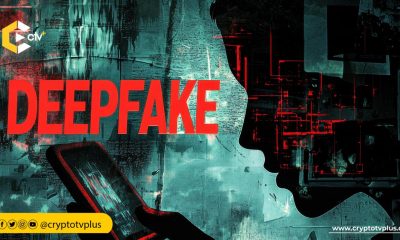

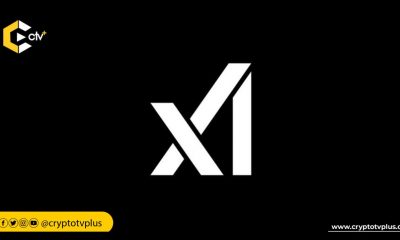



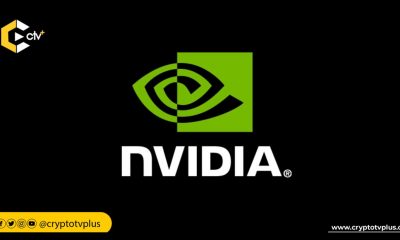

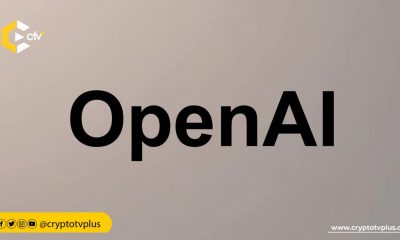













2 Comments